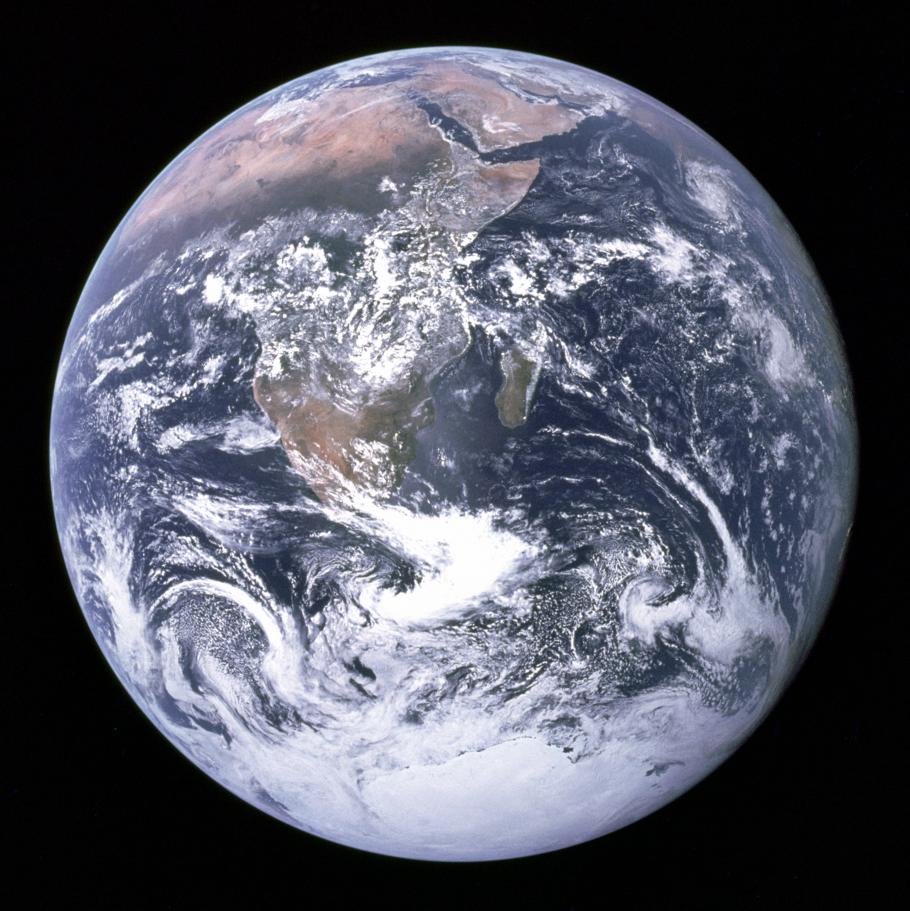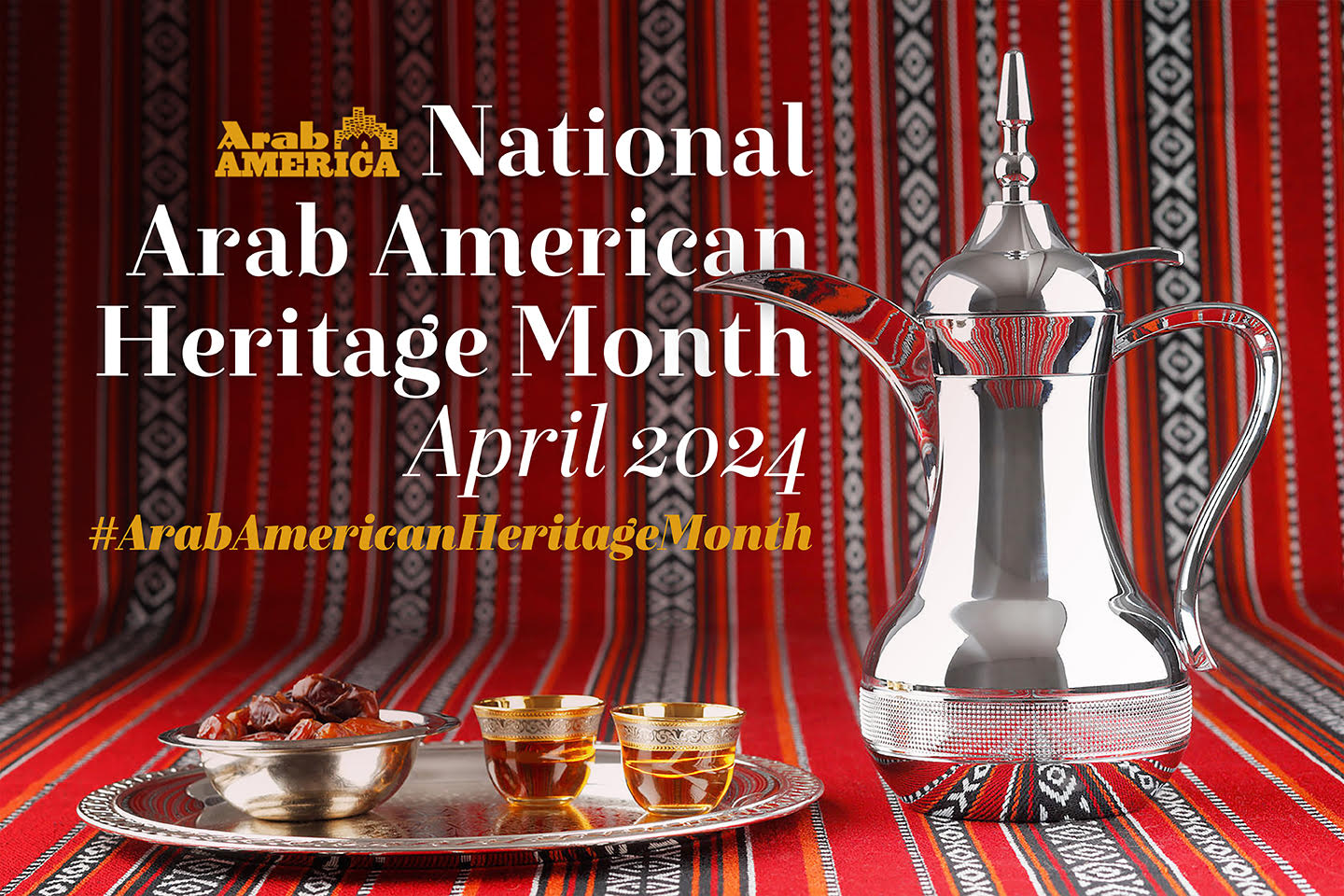This week in the Law Library we’re teaching Advanced Legal Research, preparing for exams, previewing US Supreme Court oral arguments, and celebrating Earth Day and National Arab American Heritage Month.
This Week’s Research Sessions
Monday, April 22, 2024
Advanced Legal Research Criminal Law
Associate Dean Michael Whiteman and Instructional & Reference Services Librarian Ashley Russell
Room 107
2:00pm – 2:55pm
Tuesday, April 23, 2024
Advanced Legal Research Civil Litigation
Associate Director Susan Boland & Instructional & Reference Services Librarian Laura Dixon-Caldwell
Room 135
2:00pm – 2:55pm
Wednesday, April 24, 2024
Advanced Legal Research Ohio
Electronic Resources Instructional Services Librarian Ron Jones & Legal Technology & Research Instructional Services Librarian Shannon Kemen
Room 107
2:00pm – 2:55pm
Happy Earth Day!

Monday is Earth Day! Wisconsin Senator Gaylord Nelson and California Representative Pete McCloskey chaired the first Earth Day in 1970. Senator Nelson recruited Denis Hayes to organize campus teach-ins and they choose April 22, a weekday falling between Spring Break and Final Exams, to maximize the greatest student participation. Two thousand colleges and universities, ten thousand high schools and grade schools, and several thousand communities participated. In July 1970, the Environmental Protection Agency (EPA) was established. By the end of 1970, the first Earth Day led to the creation of the United States Environmental Protection Agency and the passage of other environmental laws, including the National Environmental Policy Act, and the 1970’s significant amendments to the Clean Air Act.
President Biden’s Earth Day Proclamation
Final Exams Are Coming And We Can Help!
Stressed about exams? The Law Library can help! The Law Library has many resources to help you prepare for final exams, including 24/7 access to online study aids. These study aids can be an important tool to help you succeed in law school but the different types of study aids serve different purposes. Check out our Exam Study Guide for a look at the different study aid types to which we subscribe and how they can help you with exams.
Looking for a place to study? Reserve a study room through TWEN or study in the carrels in the basement, the second floor Law Library Reading Room, the fourth floor Quiet Reading Room, or the open seating on the fifth floor.
When you’re ready for a short break or need to decompress, the Law Library offers puzzles and coloring pages and colored pencils in room 110, the Law Library Services Suite.
Need help with outlining? Last week we covered selected study aids to help with outlining.
Celebrate Arab American Heritage Month

April is National Arab American Heritage Month (NAAHM) and celebrates the heritage, culture, and contributions of Arab Americans. Immigrants with origins from the Arab world have been arriving to the United States since before our country’s independence and have contributed to our nation’s advancements in science, business, technology, foreign policy, and national security. The Arab American Foundation and Arab America initiated the National Arab American Heritage Month in 2017. States and other organizations began recognizing April as National Arab American Heritage Month and last year President Biden issued an official proclamation. This year’s proclamation reminds us of that the “legacy of courage, resilience, and service lives on today in Arab Americans across our country” and that as “we come together this month to honor these contributions, we must also pause to reflect on the pain being felt by so many in the Arab American community with the war in Gaza.”
The Arab American Institute estimates there are 3.7 million Arab Americans. Arab Americans are found in every state, but “[n]early 75% of all Arab Americans live in just twelve states: California, Michigan, New York, Texas, Florida, Illinois, New Jersey, Ohio, Minnesota, Virginia, Massachusetts, and Pennsylvania …”
Selected Resources to Learn More for Arab American Heritage Month
Previously we looked at databases that could help you learn more about Arab Americans. Last week we looked at media, museum, and archive resources. This week we will continue to look at library, museum, and archive resources.
Arab-American Project
This project was designed to create a digital oral history collection of the Arab American community in central Ohio. The goal of this project is to broaden understanding of Arab Americans and to bring visibility to their contributions to and engagement with their local communities. This online publicly accessible project is based on face-to-face recorded interviews that highlight the lives, experiences, activities, and cultural practices of the migrant Arab American community. Topics of these interviews cover broad themes on mobility and migration, identity formation, cultural practices, family, food, clothes, etc.
Baylor Oral History Collection, Oral Histories from the Arab Americans in the Southeast
While the majority of Arab Americans reside in the northern tier of the United States, numerous Arab American communities exist in the southern United States. Regional studies on Arab American communities in the South are scarce. In this oral history project, interviewer Rosemarie M. Esber interviewed Arab Americans living in Louisiana, Mississippi, Virginia, and Texas to learn how these families became residents of the South, as well as answers to other questions.
Bowling Green State University, The Islamic Center of Greater Toledo: Celebrating the History of Northwest Ohio’s Muslim Community
On May 5, 2019, the BGSU Center for Archival Collections (CAC), in partnership with the Islamic Center of Greater Toledo (ICGT), hosted a public Community Scan Day at the ICGT, to which members of the greater Toledo community were invited to bring any archival materials they may have in their personal possession. This exhibit brings together a selection of images contributed by several individuals during the Community Scan Day.
Digital Library of the Middle East
The Digital Library of the Middle East (DLME) offers free and open access to the rich cultural legacy of the Middle East and North Africa by bringing together collections from a wide range of cultural heritage institutions. Developed by an engineering team from CLIR and Stanford Libraries, the platform federates and makes accessible data about collections from around the world.
Moise A. Khayrallah Center for Lebanese Diaspora Studies
The Moise A. Khayrallah Center for Lebanese Diaspora Studies was established as a research and outreach center for the production and dissemination of knowledge about Lebanese immigration to the United States and around the world.
April Oral Arguments at the United States Supreme Court
From SCOTUS Blog:
Monday, Apr. 22, 2024
City of Grants Pass, Oregon v. Johnson – whether the enforcement of generally applicable laws regulating camping on public property constitutes “cruel and unusual punishment” prohibited by the Eighth Amendment.
Smith v. Spizzirri – whether Section 3 of the Federal Arbitration Act requires district courts to stay a lawsuit pending arbitration, or whether district courts have discretion to dismiss when all claims are subject to arbitration.
Tuesday, Apr. 23, 2024
Dep’t. of State v. Muñoz – (1) whether a consular officer’s refusal of a visa to a U.S. citizen’s noncitizen spouse impinges upon a constitutionally protected interest of the citizen; and (2) whether, assuming that such a constitutional interest exists, notifying a visa applicant that he was deemed inadmissible under 8 U.S.C. § 1182(a)(3)(A)(ii) suffices to provide any process that is due.
Starbucks Corp. v. McKinney – whether courts must evaluate the National Labor Relations Board’s requests for injunctions under Section 10(j) of the National Labor Relations Act using the traditional, stringent, four-factor test for preliminary injunctions or some other more lenient standard.
Wednesday, Apr. 24, 2024
Moyle v.United States – whether the Supreme Court should stay the order by the U.S. District Court for the District of Idaho enjoining the enforcement of Idaho’s Defense of Life Act, which prohibits abortions unless necessary to save the life of the mother, on the ground that the Emergency Medical Treatment and Labor Act preempts it.
Thursday, Apr. 25, 2024
Trump v. United States – whether and if so to what extent does a former president enjoy presidential immunity from criminal prosecution for conduct alleged to involve official acts during his tenure in office.

